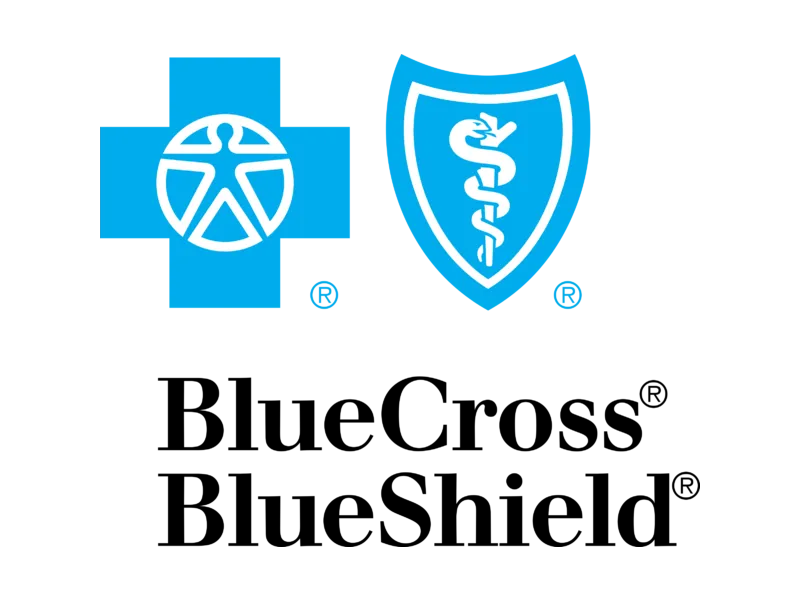


Here at Mission Prep, we offer comprehensive and personalized treatment for depression in adolescence. We begin by conducting a thorough assessment, which includes an evaluation of our clients’ anecdotal, family history, and dynamics. We use the Adverse Childhood Experiences (ACEs) assessment to evaluate if our clients have experienced sexual or emotional trauma, or family members struggling with mental health.
Here at Mission Prep, we offer comprehensive and personalized treatment for depression in adolescence. We begin by conducting a thorough assessment, which includes an evaluation of our clients’ anecdotal, family history, and dynamics. We use the Adverse Childhood Experiences (ACEs) assessment to evaluate if our clients have experienced sexual or emotional trauma, or family members struggling with mental health.



Mission Prep treats depression in teens by looking at its impact on our clients’ daily lives, including their sleep, diet, nutrition, energy levels, and cognition. We evaluate how depression affects our clients, such as making them sleep more, causing isolation from family and friends, or causing physical issues.
To create a strong foundation for treatment, we work with our clients to build new healthy habits, but we understand that depression can create a lack of motivation and overall feelings of heaviness. We utilize early light exposure and fresh air, which is known to be an effective tool for managing and helping depression. We also encourage gentle movement and hold sessions in the fresh air and sunlight for them which has been known to help in multiple areas in treatment for depression in adolescence.
Depression is a complex mental health condition characterized by persistent feelings of sadness, hopelessness, and a loss of interest or pleasure in activities that were once enjoyed. It affects millions of people worldwide, regardless of age, gender, or background. While everyone experiences periods of sadness or low mood, depression involves more than just temporary feelings of unhappiness. It can disrupt daily functioning, affecting one’s ability to work, study, sleep, eat, and enjoy life.
Depression in teens can stem from a complex interplay of factors. Key among these are abnormalities in brain chemistry where neurotransmitters, the brain’s chemical messengers, do not function optimally, affecting mood and emotional regulation. Hormonal imbalances also play a significant role, with shifts in the body’s hormonal equilibrium potentially triggering depressive states. Genetic predispositions are evident, as depression frequently occurs in families with a history of the condition, suggesting inherited traits contribute to its development. Furthermore, early life traumas, such as experiencing abuse or the loss of a parent during childhood, can cause lasting changes in the brain that heighten depression risk.
Certain factors can elevate the risk of depression among teenagers. Issues that negatively impact self-esteem, including obesity, peer problems, long-term bullying, or academic challenges, are significant contributors. Exposure to violence, either as a victim or witness, and the presence of other mental health conditions like bipolar disorder, anxiety disorders, or eating disorders further increase this risk. Learning disabilities, ADHD, chronic physical illnesses, and certain personality traits such as low self-esteem or pessimism also make teens more susceptible to depression. Substance abuse, being a part of the LGBTQ+ community in an unsupportive environment, and family dynamics, including a history of depression, bipolar disorder, or suicide among relatives, are crucial risk factors. Additionally, stressful life events, such as parental divorce or the death of a loved one, can trigger depressive episodes in vulnerable teens.
Recognizing these symptoms early and seeking professional help can significantly alter the course of depression in teens:
Residential treatment centers provide a comprehensive approach to addressing teen depression, integrating therapy, education, and life skills development in a supportive environment. These facilities offer a structured setting where adolescents receive intensive treatment tailored to their specific needs, which is crucial for those who require more than traditional outpatient services.
Teens in residential treatment are monitored around the clock, reducing the risk of self-harm or substance abuse relapse. This constant supervision ensures a safe space for recovery.
Residents benefit from a mix of individual and group therapy sessions. This intensive therapy helps address various aspects of mental health and supports comprehensive healing.
Living with peers facing similar challenges provides a unique support system. Teens learn from each other and develop social skills in a controlled environment, which can lead to lasting friendships and improved interpersonal skills.
Each teen's treatment plan is tailored to their needs, helping them build self-esteem, manage symptoms, and develop healthy coping mechanisms crucial for long-term wellness.

Depression creates a sense of hopelessness and numbness around the present and future. We work to instill a sense of hope, connection, and belonging by assessing our clients’ thoughts and feelings before depression symptoms manifested. We help our clients feel a sense of community and mitigate feelings of isolation or loneliness through group sessions and taking contrary action with CBT strategies.
We help our clients learn to show up, try, and set attainable goals. We create a space and environment where clients can make choices that aren’t dictated by depression and navigate through their environment, even if it never changes. We help our clients find something they are passionate about and expose them to opportunities to experience hope.
We also work closely with families to help them understand how depression shows up for their child and how they can navigate when their teen is struggling. We provide parents with the tools to communicate with their child when they are experiencing depression and to see that their child is separate from what they are struggling with.
Mission Prep is committed to providing comprehensive and effective treatment for depression in adolescence. Our personalized approach emphasizes understanding each individual and creating a strong foundation for lasting results.


Our facilities are an important part of the treatment process at Mission Prep. We believe it’s critical for our clients to have a safe and welcoming environment to build the tools they need to facilitate healing. Our modern and welcoming homes provide stability for adolescents who need a healthy place to develop and practice strategies to help lay the foundation for sustainable healing.
Diagnosis of depression involves a thorough evaluation by a mental health professional, such as a psychiatrist or psychologist. This may include a physical exam, psychiatric assessment, and discussion of symptoms, family history, and personal experiences. There are no laboratory tests to diagnose depression, but they may be ordered to rule out underlying medical conditions.
The duration of depression treatment varies for each individual. Some people may experience significant improvement within a few weeks or months, while others may require ongoing treatment and support. It’s essential to continue treatment as recommended by a healthcare provider to prevent relapse.
If you suspect you may be experiencing depression, it’s important to seek help from a healthcare professional. Start by contacting your primary care physician, who can provide an initial evaluation and refer you to a mental health specialist if needed. Remember that seeking help is a crucial first step toward managing depression and improving your overall well-being.






Find out if Mission Prep is right for you by reaching out to us and speaking with one of our admissions representatives.
